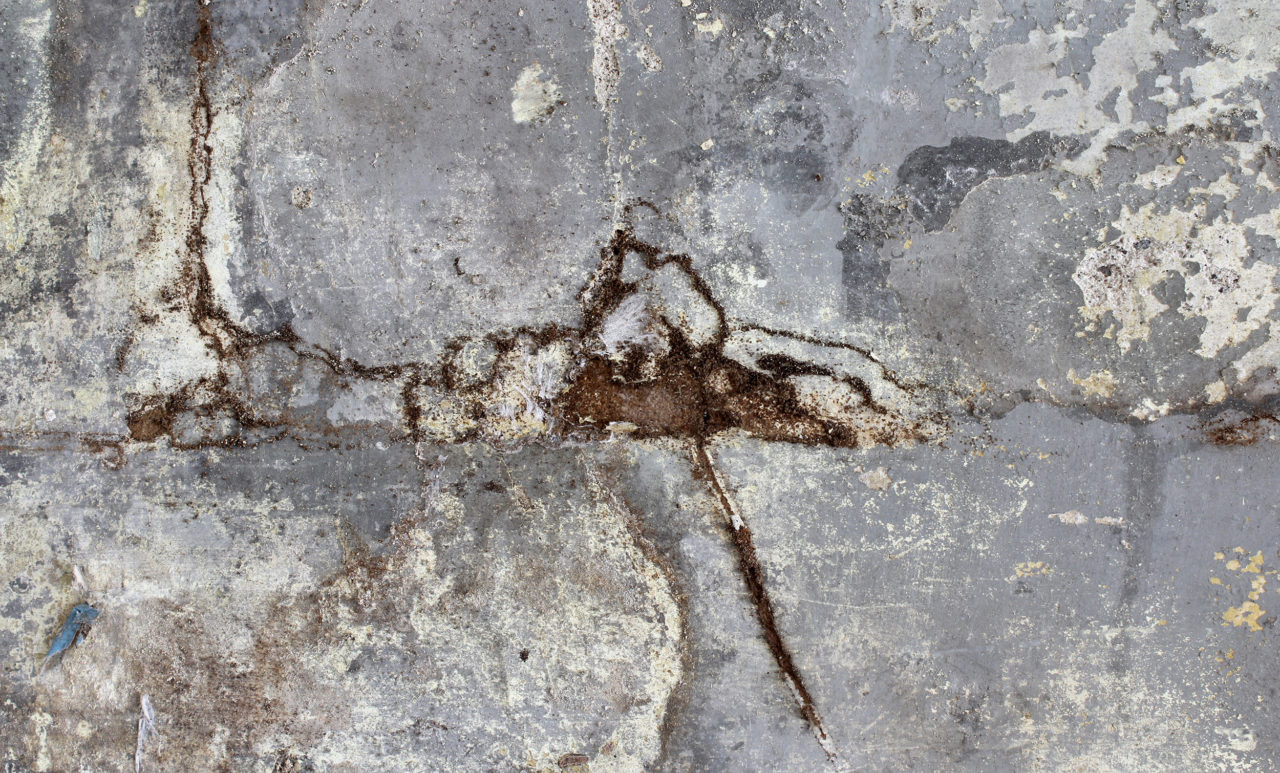DIALOGUES WITH DEXIS
Time to Talk Trauma: Moving Toward a Trauma-Responsive Approach in International Development
On March 19, 2024, panelists and Dexis Senior Technical Advisor Andrew Sinclair drew on their experiences managing conflict-related trauma in Africa and the Middle East to discuss ways to move from a trauma-informed toward a trauma-responsive approach in international development.
Trauma-responsiveness requires a nuanced approach that encompasses more than just individual or clinical checklists, but instead seeks to account for the broader context in which programs operate. It requires understanding the collective impacts conflict-related trauma can have on program staff, partners, and communities. With over a quarter of the world’s population living in conflict-affected areas, and 80 percent of overseas foreign assistance programs operating there, panelists elevated the responsibility of international development practitioners in recognizing and responding to how trauma manifests itself in our work. Integrating a trauma-responsive approach at both an organizational and program level requires trauma awareness to become more normalized and accessible, while also leveraging the existing strengths, resiliencies, and healing practices in the communities where we work.
Dr. Angi Yoder-Maina, Director of the Trauma and Resilience Collaboration at Florida State University, set the stage by discussing the impact of trauma in peacebuilding, underscoring that conventional trauma-informed approaches (TIAs) can inadvertently reduce trauma to a checklist. To be more trauma responsive, Dr. Yoder-Maina advocated for a healing-centered approach, which acknowledges the complexity of chronic violence and systems that hinder healing, and integrates an understanding of trauma into organizational culture, practices, and policies. To advance this strength-based approach in development assistance, Dr. Yoder-Maina recommended prioritizing social healing as a foundational aspect across all our work, regardless of sector; equipping workforces with the knowledge and tools to address trauma; and transforming systems and organizations in ways that best support practitioners as they manage trauma.
Patricia Dorsher, a Senior Manager at Global Communities, acknowledged the challenges faced by practitioners in conflict-affected areas, including navigating complex environments, embedding cross-cutting requirements such as conflict sensitivity and localization into programming, limited spheres of influence, and adherence to policy objectives that often act as barriers to adaptive programming. “How can we work in a way that is sensitive to the human lived experienced, given this context?” asked Patricia, as she reflected on how Global Communities has navigated these challenges to increase its ability to manage trauma at an organizational and project level. Global Communities, for example, not only designs programs with trauma in mind, hardcoding it as result indicators in its programming, but also embeds a commitment to mental health into its duty of care policies. To further deepen our approaches to trauma, Patricia recommended moving beyond TIA checklists by integrating trauma awareness as an underlying principle across all our work; making trauma approaches more practical and cross-cutting; and exploring how approaches to trauma used by the USAID Bureau for Humanitarian Assistance might be applicable in the development and peacebuilding fields.
Yasar Fattoom, a Senior Transition Advisor for the USAID Office of Transition Initiatives Iraq Program, grounded the conversation by sharing personal insights into trauma dynamics at a project and organizational level. For Yasar, trauma-informed programming is lacking, not because of neglect or a lack of awareness, but because programs are designed without the capacity or time to use TIAs, and healing communities is often at odds with policy and programming objectives. To remedy these shortcomings, Yasar called for equipping programs with the skills and capacity to address trauma and embracing trauma-responsive approaches as a culture. Advancing trauma-responsive approaches must happen at all levels, starting with donors. Once donors prioritize healing communities, implementers and partners will follow suit. “Having a trauma-responsive approach is not a nice thing to have,” according to Yasar. “It is a must.” Yasar also recommended that donors and implementers expand on existing efforts towards localization, which builds the trust necessary for healing trauma, and psychological safety to enable and normalize dialogue around trauma issues.
The panel collectively underscored that there are no straightforward answers to managing and addressing trauma in our work – no box to check or set path to follow. A trauma-responsive approach is not a siloed technical approach that can be put on top of a program, but something that must be done holistically and integrated at all levels, from donor to partner. Only by harnessing community strengths and accepting local healing practices can we move towards a trauma responsive approach in international development.
Dialogues with Dexis brings together diverse practitioners in conflict prevention, stabilization, governance, and global security to discuss emerging trends and new innovations. To receive future event invitations from Dexis, sign up below.
Featured Panelists
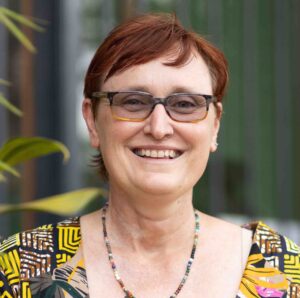
Dr. Angi Yoder-Maina, Director, Trauma and Resilience Collaboration, Florida State University
Dr. Angi Yoder-Maina serves as the Director of the Trauma and Resilience Collaboration based at Florida State University, where she guides organizations toward achieving certification as trauma-aware, informed, responsive, and healing-centered entities. Dr. Yoder-Maina is also the Founder and Director of the Green String Network, a local Kenyan NGO headquartered in Nairobi, Kenya. Her work focuses on empowering individuals in conflict-affected regions at the grassroots level, with the mission of facilitating an understanding of trauma's effects, initiating healing processes, and fostering community cohesion to develop communal strategies for sustained healing and reconciliation. This healing-centered approach reflects Dr. Yoder-Maina's extensive experience gained over the past 30 years while working in conflict-affected countries worldwide.
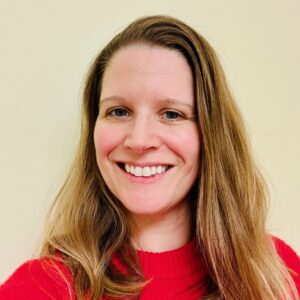
Patricia Dorsher, Senior Manager – Humanitarian Business Development, Global Communities
Patricia Dorsher a seasoned humanitarian and development professional with expertise in program design, grant management, business development, and partnerships. As Senior Manager, Humanitarian Business Development at Global Communities, Dorsher has worked with numerous donors to provide contextually appropriate emergency programming in Syria, Ukraine, Lebanon, Palestine, and elsewhere. She works to ensure Global Communities’ programming is responsive to needs and realities while bridging those with donor priorities, with a focus on multi-sectoral and community-led humanitarian response. Dorsher has also worked in GBV case management and local government, and holds a Master’s in Public Policy with a focus on management of nonprofit organizations.
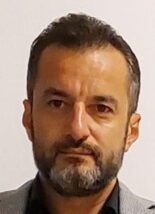
Yasar Fattoom, Senior Transition Advisor, USAID Office of Transition Initiatives/Iraq
Yasar Fattoom is a Senior Transition Advisor and serves as a Deputy Country Representative for the USAID Office of Transition Initiatives (OTI) Iraq program. He held prior management roles for the USAID/OTI Syria program partners. He has over ten years of experience in USAID/OTI project management, specifically working in transitioning and fragile environments. Yasar is fluent in Arabic, English, and Italian and has extensive knowledge and experience in media and communications.
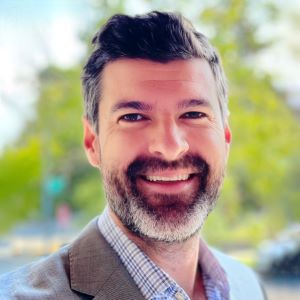
Andrew Sinclair, Senior Technical Advisor, Dexis Consulting Group
Andrew is the Senior Advisor for Dexis’ Center for Global Security and Stabilization, leading strategy and thought leadership across Dexis’ security and foreign assistance portfolios. He brings considerable expertise operating in complex conflict environments with the U.S. government. Before joining Dexis, Andrew served as the USAID/OTI Country Representative for both Libya and Syria. In Afghanistan, he led the Paktya Provincial Reconstruction Team for USAID. Before his federal service, Andrew researched multilateral peace operations at the Center on International Cooperation. Andrew holds a Master of International Affairs from Columbia University and served as a Peace Corps Volunteer in Jordan.
Event Details
Tuesday, March 19, 2024
10:00 am – 11:00 am EST
Virtual Event
This event has concluded.

